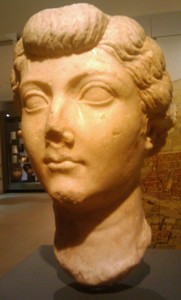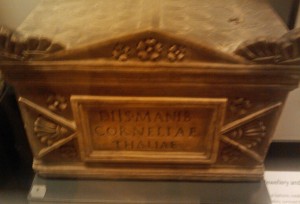(This reflects a speech I gave at an Enfield Civic Forum meeting on electoral reform this week.)
I speak often at women’s events, and one topic that comes around regularly is the vote, and its (non)utilisation.
The discussion usually goes:
Young feminist: “I don’t vote because there’s no point. My vote doesn’t make a difference.”
Older feminist (who could be her grandmother): “How can you not vote?! My grandmother fought to get the vote, and women died for it.”
And I say: “You both have a point; what we need is a system where everybody’s vote counts.”
And then I talk about proportional representation, and how it can ensure that everyone’s vote has an equal weight.
Unfortunately, proportional representation for the House of Commons is still not on the table – although not for want of effort: Caroline Lucas proposed an amendment that would have given voters that option in May, and was backed by MPs from all parties except (astonishingly) the Lib Dems, just not enough of them.
So we’re probably going to have a vote on May 5 on two options: the current first past the post system, and “AV”, the “alternative vote”, in which voters mark candidates in order of preference, so that if their first choice candidate is not elected, their second choice vote is counted, and so on…
So what’s wrong with first-past-the-post?
Let me count the ways:
1. A candidate not preferred (or actively disliked!) by a majority of the electorate can get elected. Let’s go to Wikipedia: “If candidate A1 receives 30% of the votes, similar candidate A2 receives another 30% of the votes, and dissimilar candidate B receives the remaining 40% of the votes, plurality voting declares candidate B as the winner, even though 60% of the voters prefer either candidate A1 or A2.
2. Many people live in seats where in Westminster seats – “safe seats” – where their vote never has and never will have any impact (and you’re right AV won’t eliminate this entirely – but it will significantly reduce their number) – or they feel obliged to vote for a candidate/party they dislike, in the hope they’ll beat a candidate/party they like even less.
3. It produces dreadful political leaflets. No, really! No more badly cut out pictures of horse-racing, with the oh-so-tired caption “it’s a two-horse race here”. Well, okay, they mightn’t disappear straight away, but as voters, and politicians, come to understand the system, they’ll realise they have to reach out to 50% of the voters – perhaps with some actual real-to-life policies. I’m not saying it would be a panacea, but certainly a start.
4. It produced the politics we have now, politics that clearly aren’t working.
read more



 About
About